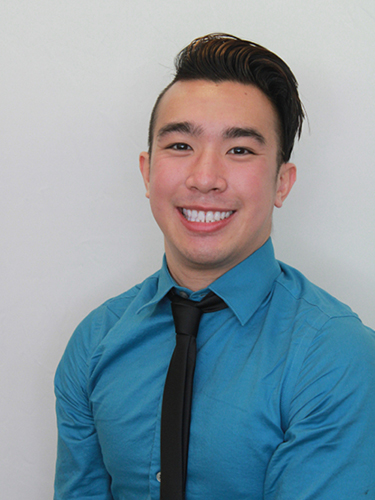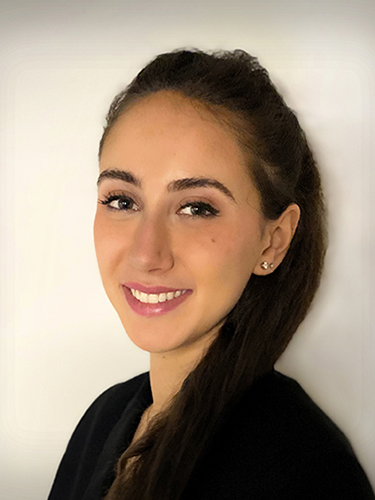Health and Behavior: Wearable Sensors and Data Analytics for Therapeutic Management
REU Mentor: Behnaz Ghoraani, Ph.D.
REU Scholar: Christopher Chi
REU Scholar Home Institution: Florida Atlantic University
Project: Wearable Sensors and Data Analytics for Therapeutic Management
REU Mentor: Behnaz Ghoraani, Ph.D.
REU Scholar: Shelly Davidashvilly
REU Scholar Home Institution: Florida Atlantic University
Project: Deep Learning Models for Human Activity Recognition Using Wearable Body Sensors
This project focuses on the design and evaluation of new algorithms to translate inertial measurement unit data from wearable devices into clinically actionable information about Parkinson's disease (PD) patients' response to medication. The objective is to enable personalized therapeutic adjustments outside hospital settings. The intellectual merit of the proposed REU project is in developing the algorithmic and engineering foundations necessary to realize the envisioned data analysis tools on battery-powered wearable sensors under bandwidth and processing constraints. In situ identification of sparse areas of diagnostically relevant activity across large, high-density datasets is a key challenge. The guiding approach relies on an efficient sensing and computation framework that distributes computationally intensive algorithmic components to high-performance cloud servers, reducing on-device computational load. The Broader Impacts of the project could be profound, with the potential to make fundamental contributions to the nation's precision medicine objectives. The algorithms under development could play a significant role in yielding fundamentally new, individualized therapy adjustment strategies. The approach holds promise for improving healthcare delivery and quality of life for millions of patients afflicted by PD [28, 54, 64]. The project will involve two REU participants each summer. The participants will investigate computational methods for improving the runtime performance of a lightweight, on-device feature extraction algorithm. One participant will focus on on-device computational enhancements, while the second participant wil focus on cloud-based offloading strategies. Participants will be trained in wearable sensor data analysis and gain exposure to program optimization techniques and cloud-based architectures for computation offloading. Under Dr. Ghoraani's leadership, participants will have the opportunity to help realize a new system for analyzing PD patients' movement data in their natural living environments, enabling personalized treatment management.

